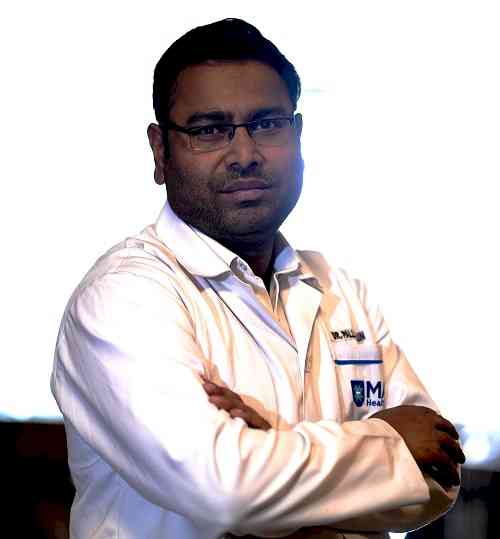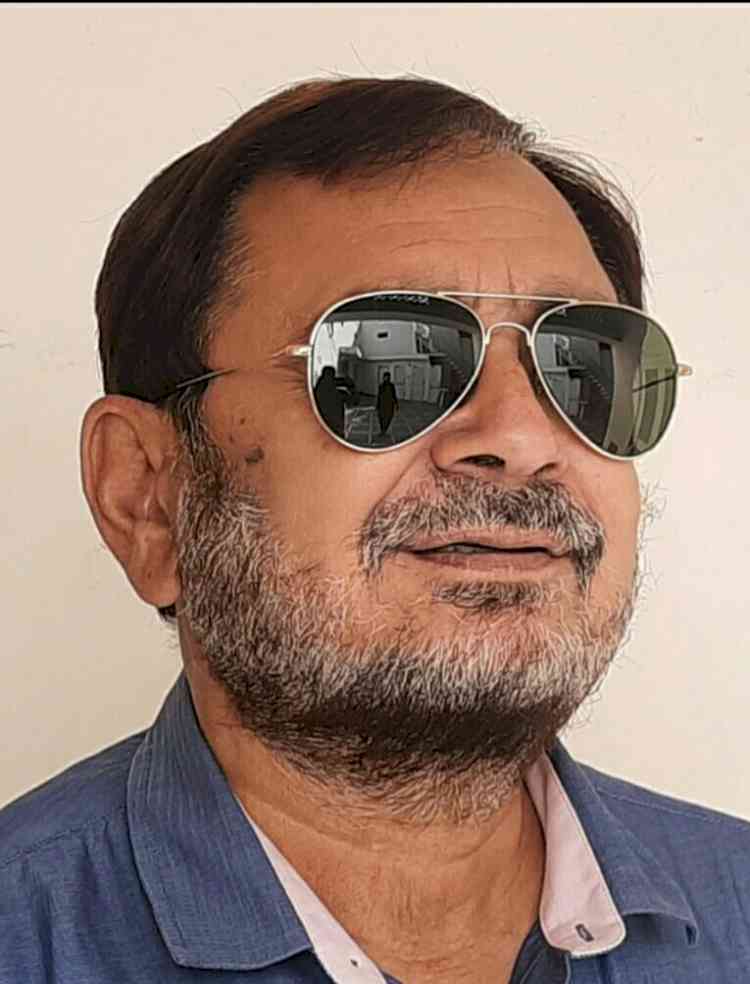From the beginning, US authored events leading to humiliation in Kabul (Comment)

BY SAEED NAQVI
Imperialism, which finally died in Afghanistan last week, had actually begun to hiccup in the mid 70s. Of this hiccupping, Vietnam was the most serious convulsion. In the wake of decolonization such eruptions had become commonplace, in Africa for instance, where the withdrawal of Portugal led to the direct ascent to power by Communist parties in Angola and Mozambique. Then Mengistu appeared in Ethiopia; a little later Daniel Ortega in Nicaragua. Such an outcome had to be forestalled in Iran, South Asia region.
Ironically the Saur revolution, or the April coup of 1978 brought Afghan Communists, Khalq and Parcham, to power. This epoch-making event was a consequence of a botched-up adventure instigated by US intelligence. The Shah of Iran's notorious Savak took the operational lead. I was in Kabul for the first press conference by Noor Mohammad Taraki, the Communist Prime Minister.
Jimmy Carter's National Security Adviser, Zbigniew Brzezinski, was embarked on securing a global order in which 'regional influentials' would play a key role. The Shah, arch regional power in Brzezinski's book, allowed Savak to clean up the stables in nearby Kabul where Mohammad Daud, a Marxist 'numa' (look-alike) was leaning excessively on Moscow.
Diehard Communists around Daud had to be eliminated. As happens in many intelligence operations, the plot hatched by Savak was leaked. Mir Akbar Khyber, a Communist trade union leader, was inadvertently killed, alerting the Communists across the country of the Savak plan.
In a preemptive move, military officers Aslam Watanjar and Abdul Qadir Dagarwal mobilized armoured carriers, drove into the Presidential Palace, killed Daud and his relatives. Communist took power.
Kabul under the Communists paved the way for the Soviets into the country. Once again, Brzezinski was in action. Peering into Afghanistan from the automatic 'frontline state', Pakistan, he began to think tactically towards a strategic end.
The US, Saudi Arabia and Pakistan got into a huddle for their own purposes. The US would provide military training and hardware to drive the Soviets out of Afghanistan. Saudis and the Pak establishment wanted this outcome too, but the two had key agendas of their own. Saudis would spend billions in the project to manufacture a kind of Arabized Islam to undermine the Shia Ayatollahs in Iran who had come to power just the previous year. It suited President Zia ul Haq of Pakistan.
He was able to embark on his Nizam-e-Mustafa, or government based on Islamic laws. This would Arabize the country's Islam and wrench it away from the 'mumbo-jumbo' of secularism and composite culture being promoted in India. Had he lived, the social evolution of India would have pleased him.
Hundreds of madrassas or seminaries came up on the Pakistan side of the border, hatcheries to breed the Mujahideen who eventually helped drive the Soviets out in 1989. True, a year later the Soviet Union fell but the departing Americans left behind unemployed Islamic militants who farmed out for work in Kashmir, Egypt, Algeria. The spiritual heirs in the diaspora of this brand of militancy were utilized most recently in the Syrian carnage.
All of this, in every detail, was lucidly exposed at a Congressional hearing by Hillary Clinton. Her statement is still available on YouTube. Some years ago, Russian Deputy Foreign Minister Morgulov Igor Vladimirovich told a high powered Raisina Dialogue that Islamic militants from Syria were being airlifted to Northern Afghanistan. The following week, Iran's supreme leader Ayatollah Khamenei repeated the allegation at a sermon following Friday prayers in Tehran. Is it true? Or has the narrative changed in the last few years?
In 1996, the Taliban, a progeny of the Mujahideen, fired by the kind of Islam instilled into them in the madrassas, were once again boosted by the Americans. Others, including the section of South Block which had joined the US camp after the collapse of the Soviet Union in 1991, acquiesced in the Taliban's surge. The lemon sold to everybody was: Taliban will control Afghanistan and the US will control the Taliban. This co-ordination will facilitate UNOCAL's TAPI (Turkmenistan-Afghanistan-Pakistan-India) gas pipeline. After UNOCAL was sold to Chevron in 2005, the US found other reasons to stay on: Pakistan next door was too nuclear to be ignored; Uyghurs in Xinxiang and Muslim populations in the Caucasus looked like low hanging fruit, accessible from Afghan real estate. Priceless poppy in Helmand?
Founder of Al Qaeda, Osama bin Laden had made Afghanistan his headquarters since 1980 with a singular mission: to help the Taliban see the backs of the Soviets. Their occupation of a Muslim country was an insult to Islam. Once the Soviets had been driven out, bin Laden set his sights on foreign soldiers and oil companies in his homeland. Bin Laden raised his banner of revolt against Riyadh, soon after Juhayman al-Otaybi and his al-Ikhwan group (an extremist cousin of Muslim Brotherhood) shook the Kingdom by occupying the mosque of Mecca for 20 days. The Saudi Royal family's strong links with the Bush family was the backdrop for the clash of civilizations as soon as George W Bush entered the White House in January 2001. Eight months later 9/11 happened. Egged on by the neo-cons, the US occupied Afghanistan.
It is being made out that this is the first time that soldiers trained by the Americans waged no battle against the Taliban. What happened in Vietnam? Google C-Span and see Gen. Lloyd Austin, now Defence Secretary, being grilled by the Senate Armed Services Select Committee on a $500 million project to train Syrian militants.
"How many of our trainees are fighting?"
Huge pause. Austin: "Four or five."
Media neo cons will not give up. In a satirical piece Thomas Friedman of the New York Times expects the Taliban "the morning after the morning after" to turn up at the White House, turbans in hand. Please sir, take over our country once again.
(Saeed Naqvi is a senior commentator on political and diplomatic issues. The views expressed are personal. He can be reached on [email protected])


 IANS
IANS 







